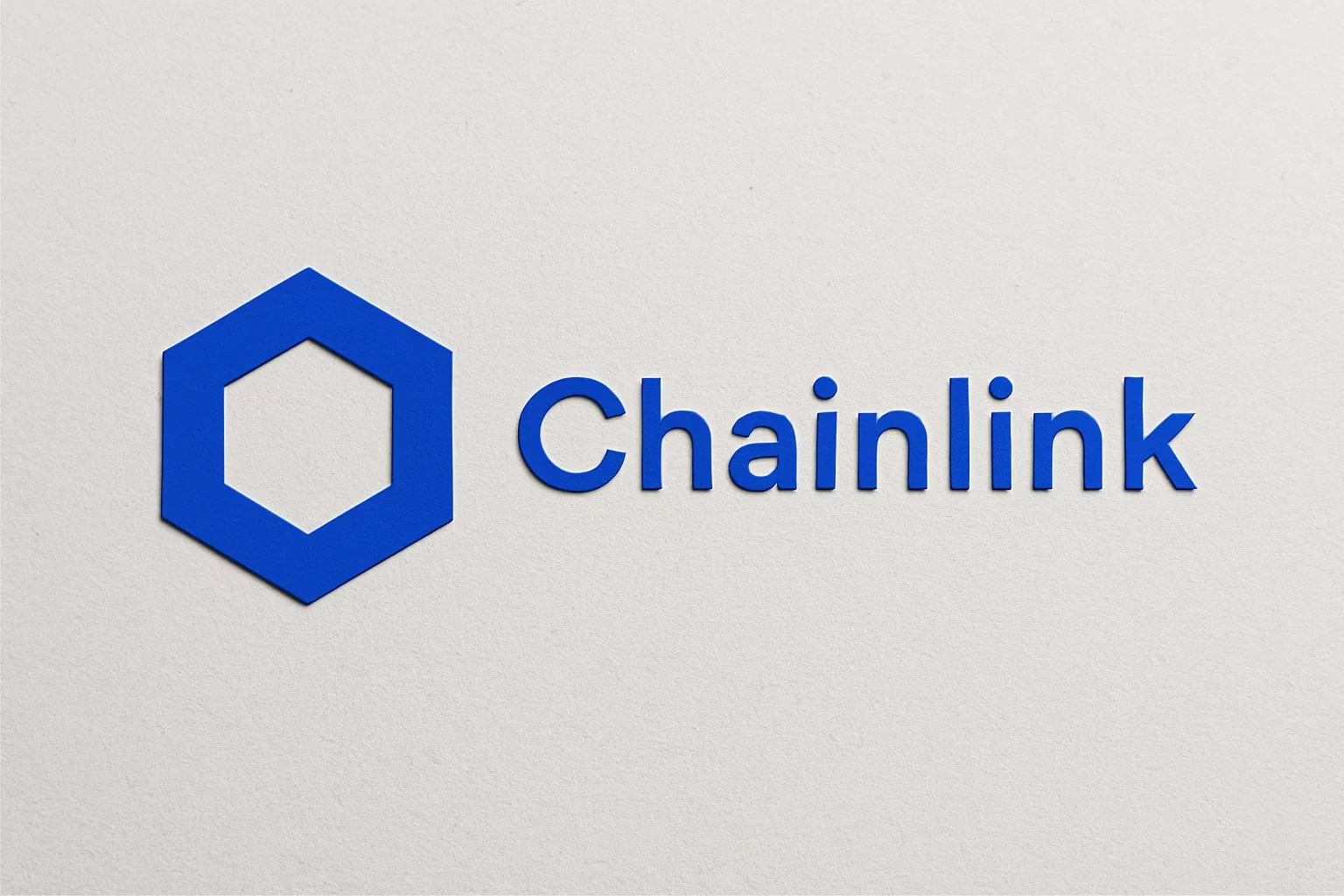
- Chainlink ETF filing by Grayscale could drive LINK’s price higher and attract institutional investors.
- However, regulatory, market, and competition risks may affect its long-term adoption and stability.
Chainlink (LINK) is attracting significant attention after Grayscale filed for a Chainlink ETF. This move has sparked discussions about the token’s price potential, institutional adoption, and its broader role in the cryptocurrency space. Understanding what this ETF could mean for LINK requires examining its utility, market implications, and the lessons from previous crypto ETFs.
Chainlink Role in the Crypto Ecosystem
Chainlink operates as a decentralized oracle network, enabling smart contracts to securely access real-world data. This capability is essential for decentralized finance (DeFi), Web3 business banking, and crypto payroll solutions. Beyond technology, Chainlink has formed partnerships with major finance and tech players, cementing its importance for startups and enterprises leveraging blockchain.
Its practical applications make it more than just a token; it is a critical infrastructure component for blockchain adoption in real-world business scenarios.
ETF Approval and Price Potential
If Grayscale’s Chainlink ETF gains regulatory approval, it could significantly impact LINK’s price. Historical trends show that crypto ETFs, such as those for Bitcoin and Ethereum, often lead to price surges due to increased institutional participation and market credibility. LINK could potentially climb into the $30–$40 range if adoption continues.
However, long-term gains depend on sustained usage of Chainlink’s services. Without strong real-world demand, initial excitement might translate into a short-lived price spike.
Risks of Institutional Investment
Institutional interest in Chainlink comes with challenges. Regulatory uncertainty, competition from emerging oracle networks, reliance on institutional adoption, market volatility, and tokenomics concerns all pose potential risks. These factors could affect smaller fintech startups, especially in regions like Asia, where reliance on Chainlink’s infrastructure is growing.
Lessons from Previous ETF Approvals
Past ETF approvals emphasize the importance of spot price tracking, reputable custodians, patience with regulatory processes, and transparent communication of benefits. Grayscale’s ETF filing for Chainlink aligns with these principles, increasing its chances of approval while simplifying access for traditional investors.
Chainlink in the Evolving Crypto Landscape
As cryptocurrency integrates further into traditional business practices—like stablecoin salaries in inflation-hit regions—Chainlink’s services gain more relevance. Its partnerships, practical applications, and potential ETF approval could solidify its role in decentralized finance. Navigating institutional investment wisely will be key to its future growth.
Grayscale’s ETF filing represents a milestone for Chainlink, promising greater market legitimacy while highlighting the risks and responsibilities that come with increased adoption.
ALOS READ:XRP vs Chainlink: Why LINK Could Be the Real Banking Coin
DISCLAIMER:
The views and opinions expressed herein are solely those of the author and do not necessarily reflect the views of the publisher. The publisher does not endorse or guarantee the accuracy of any information presented in this article. Readers are encouraged to conduct further research and consult additional sources before making any decisions based on the content provided.




